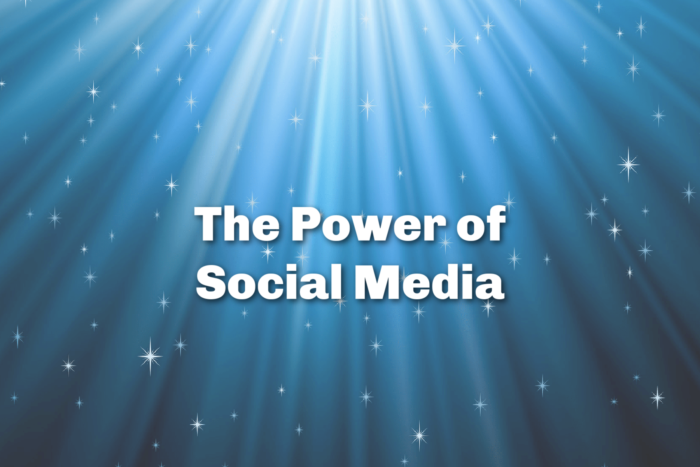What Makes You Really Angry?
I think we’ve all been angry at some point or other. There are probably some universal causes of anger–such as inept or rude customer service representatives; arguing children; or being betrayed by someone you trusted.
And then there are some causes of anger that seem to be more related to our personalities. Some people get angry at laziness or lack of common sense in those around them. Others get angry at circumstances beyond their control. Some people get plain mad at God when things don’t go their way.
We know that anger is not a righteous emotion. Most of the time.
There is that little caveat in Ephesians 4:26 where it says, “Be angry and do not sin.” This means there is sometimes a righteous cause for anger.
What is something that should make us very angry?
As I was studying in preparation for my upcoming study of Galatians, I realized that the main thing that should make us angry is any attack on the Gospel. Read these verses to see just how serious this is–
I marvel that you are turning away so soon from Him who called you in the grace of Christ, to a different gospel, 7 which is not another; but there are some who trouble you and want to pervert[a] the gospel of Christ. 8 But even if we, or an angel from heaven, preach any other gospel to you than what we have preached to you, let him be [b]accursed. 9 As we have said before, so now I say again, if anyone preaches any other gospel to you than what you have received, let him be accursed. (Galatians 1:6-10)
These are not simply Paul’s words but these are God’s words. We can see from these verses that God takes an attack on the Gospel very seriously. Let anyone who warps and twists the true Gospel be accursed (which means devoted to destruction; imprecate evil or misery upon.)
Has the deluge of false gospels being pandered today made us immune? What other reason can there be that Christians aren’t up in arms regarding the countless attacks on the true Gospel? Why aren’t we defending it and refusing to allow the lies to creep in? Even in to our own “Bible-believing” churches?
What must God think?
I am not sure I ever really gave this much thought until reflecting on these verses yesterday (and listening to some sermons regarding these verses.)
There are two specific ways the Gospel gets perverted. Every perversion falls under one of these two.
First, there is grace plus works (legalism) perversion. ANY presentation or teaching regarding the Gospel that adds any works is not the true Gospel. This means that if you “need to get baptized” to be saved, it’s a false gospel. If you need to take communion or pray to saints in order to be assured of your salvation, it’s a false gospel. If you need to eat certain things, wear certain things, do anything to be saved, it is a false gospel.
Second, there is the hyper-grace (licentiousness) perversion. This perversion denies the many passages that call us to live a life pleasing to Christ. It denies that we become a new creation in Christ and, instead, says that, since we are no longer under law, anything goes. Here the Gospel is given without the message of sin and repentance. It is more focused on fire insurance rather than a lost and hopeless sinner’s reconciliation with God. Say a prayer and be saved–no fruit necessary, according to this false gospel.
These false gospels are dealt with all throughout scripture but in Galatians, Paul speaks specifically to both of them. Think with me for a moment what you know about many who lump themselves in with the modern day religion of “Christianity”. What do they teach about the Gospel?
If they are not preaching the true Gospel as is clearly presented in scripture they are not actually our brother and sisters in Christ. And this should upset us! This should make us mourn for the thousands–millions–who believe a lie about their eternal destiny. Not only do they believe a lie –but they believe a lie under the guise of Christianity and true Christians are not doing anything about it. Instead, they are encouraging them in their false faith and joining with them, declaring that “we are siblings in Christ”.
This is simply appalling! When you really think about it–could there be anything more unloving than allowing someone to believe they are truly saved– when they aren’t??
But we tend to get more upset about a spilled drink or an unexpected bill than we do about this tragedy taking place across the globe. Oh, how self-centered we are. How self-centered I am.
If we believe the true Gospel, then we need to not only live by it but pay attention when there is a departure from it. We need to stop making excuses and rationalizing away the damning differences. Like Paul, we should be up in arms and ready to defend the Gospel boldly and courageously!
*I have a page on the blog called “What is the Gospel?”, where we take a look at what scripture has to teach us about this subject. You can find it here.
*In 2016, I wrote about in some detail regarding some common false gospels. You can find that post here.
*I am looking very forward to my study of this book. If you are in the 2022 Growing4Life Bible Reading Challenge, I hope you are looking forward to it, as well. And if you aren’t in the challenge, it’s not too late to join for the rest of the year. Find out more information here.










